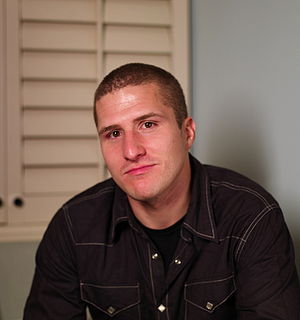A Quote by Kent Beck
Learning research tells us that the time lag from experiment to feedback is critical.
Related Quotes
To learn anything other than the stuff you find in books, you need to be able to experiment, to make mistakes, to accept feedback, and to try again. It doesn't matter whether you are learning to ride a bike or starting a new career, the cycle of experiment, feedback, and new experiment is always there.
There are three kinds of feedback and organizations must utilize all three to be effective:
1. Evaluation. This rates you against standards and peers. It lets you know where you stand.
2. Coaching. This information helps you get better and learn. It is an engine for learning.
3. Appreciation. Most desire for feedback is usually for appreciation. It motivates us.
All efforts at self-transformation challenge us to engage in on-going, critical self-examination and reflection about feminist practice, and about how we live in the world. This individual commitment, when coupled with engagement in collective discussion, provides a space for critical feedback which strengthens our efforts to change and make ourselves anew.


































